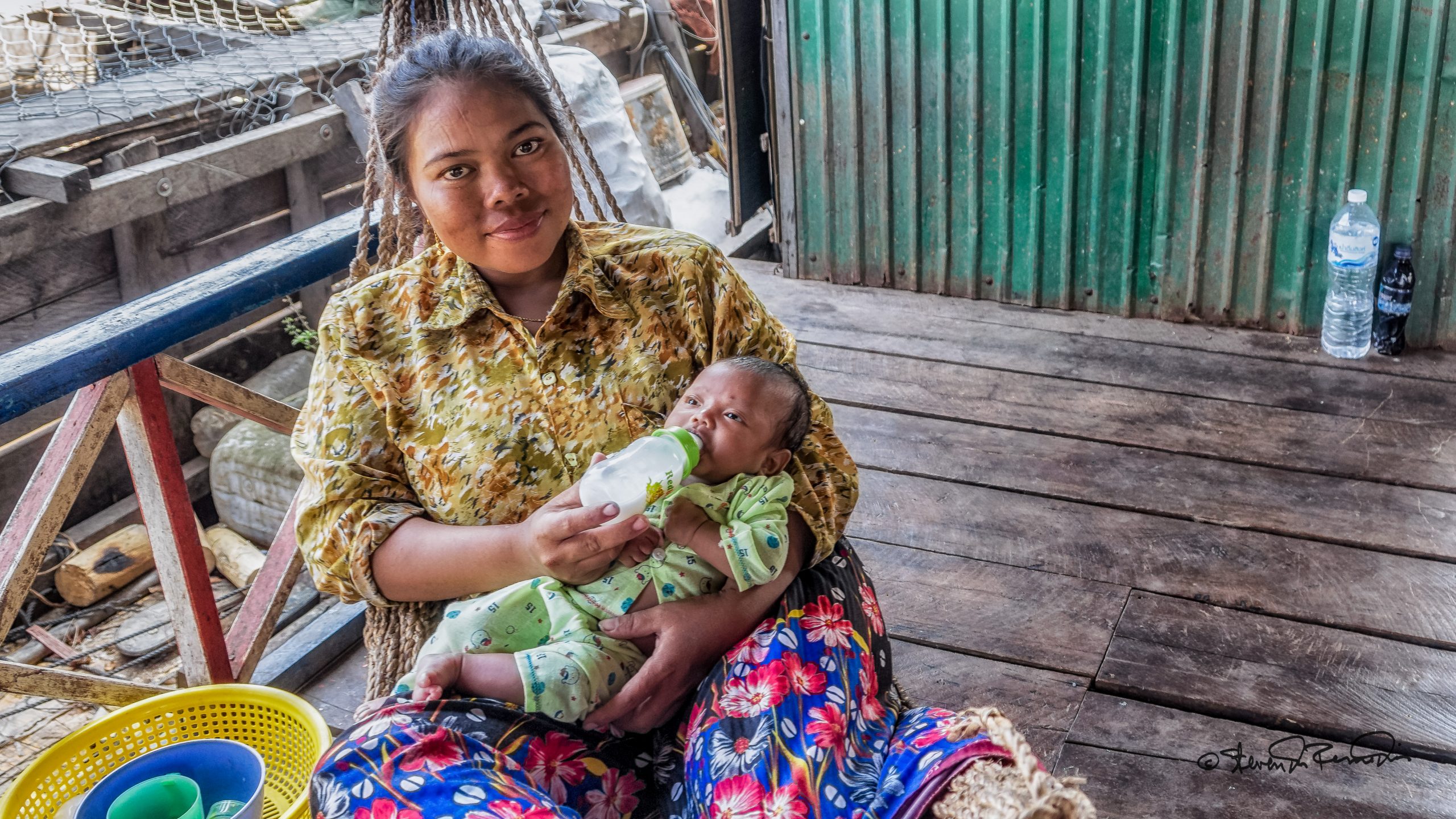
Socio-cultural change in conflict and post conflict settings: five decades of giving birth in Cambodia
Background
This paper explores the changing experience of giving birth in Cambodia over a 53-year period. During this time, Cambodian people experienced armed conflict, extreme privation, foreign invasion, and civil unrest.
Results
In the early lives of the respondents, almost all births occurred at home and were assisted by Traditional Birth Attendants. In modern times, towards the end of their lives, the respondents’ grand-children and great grand-children are almost universally born in institutions in which skilled birth attendants are available. Respondents recognise that this is partly due to the availability of modern health care facilities but also describe the process by which attitudes to institutional and homebirth changed over time. Interviews can also chart the increasing awareness of the risks of homebirth, somewhat influenced by the success of health education messages transmitted by public health authorities.
Conclusion
The life histories provide insight into the factors driving the underlying cultural change: a modernising supply side; improving transport and communications infrastructure. In addition, a step-change occurred in the aftermath of the conflict with significant influence of extensive contact with the Vietnamese recognised.
Accessing the paper
You can download this Conflict & Health paper here.
Authors
Bandeth Ros1, Gillian Lê2, Suzanne Fustukian3 and Barbara McPake2
1 ReBUILD Consortium, Melbourne, Australia.
2 Nossal Institute for Global Health, Melbourne, Australia.
3 Queen Margaret University, Musselburgh, UK